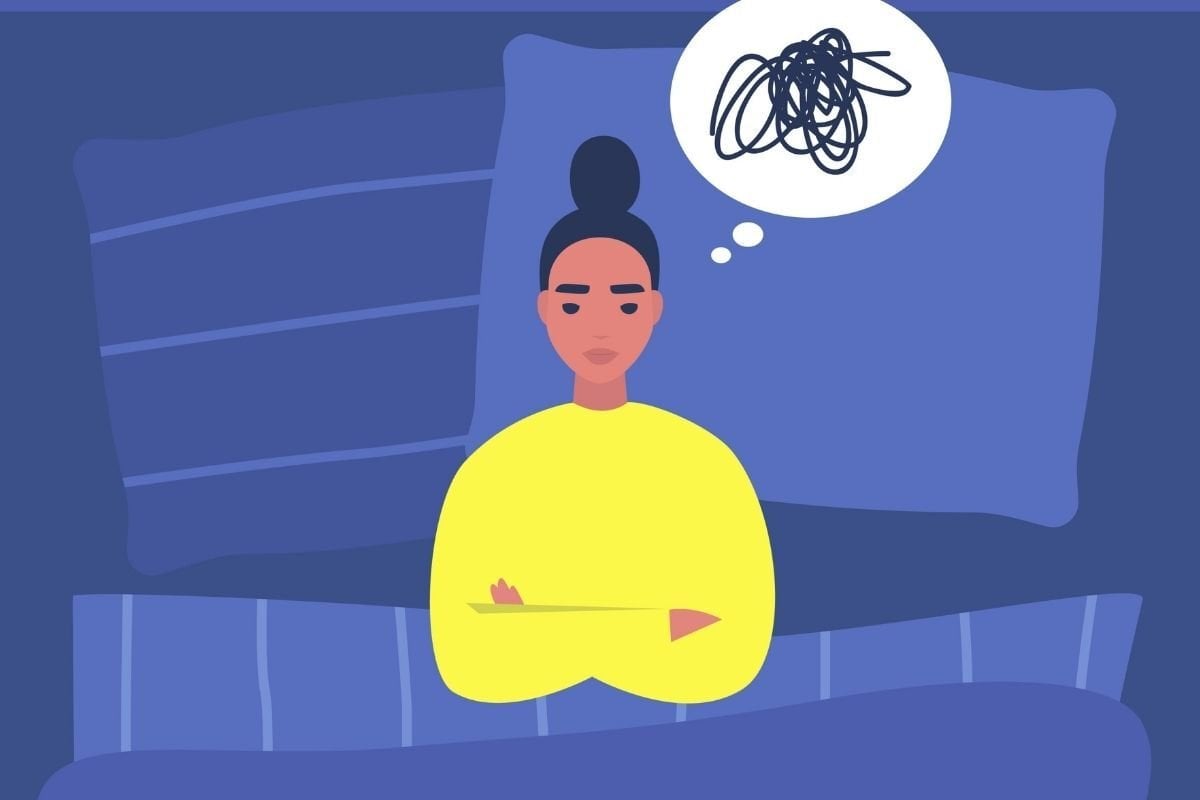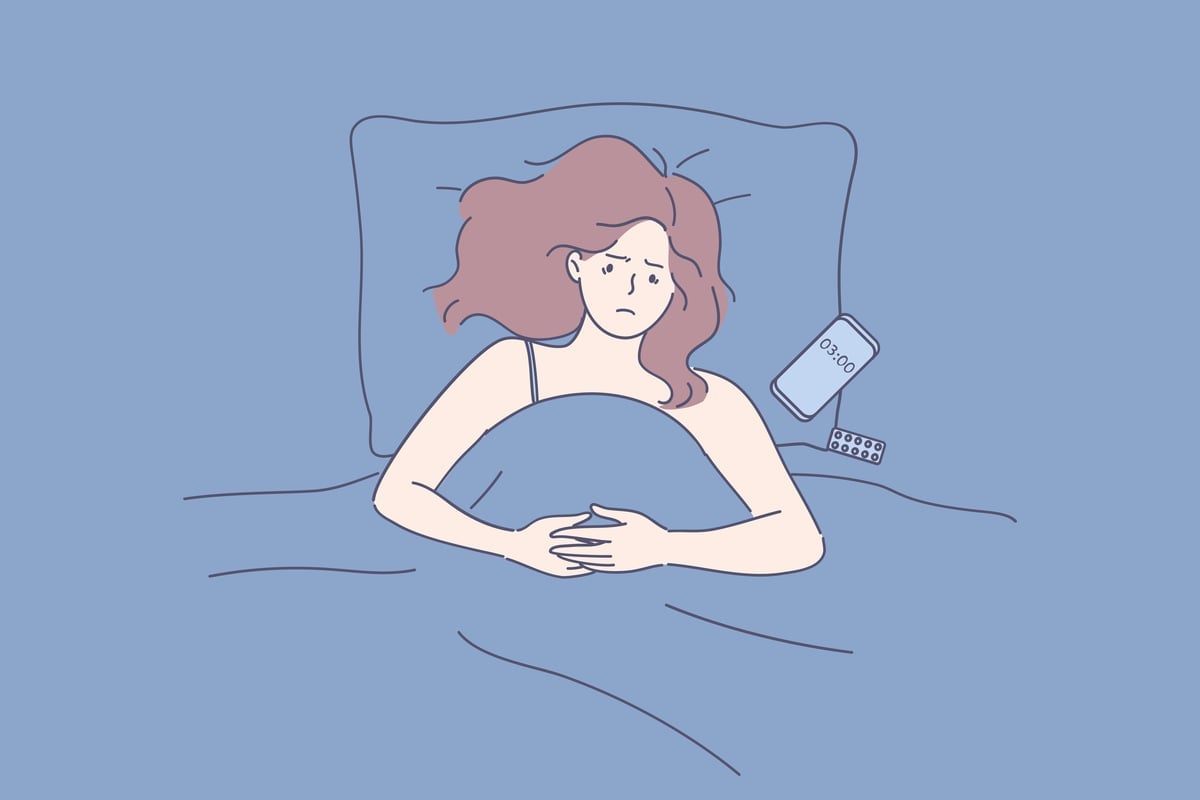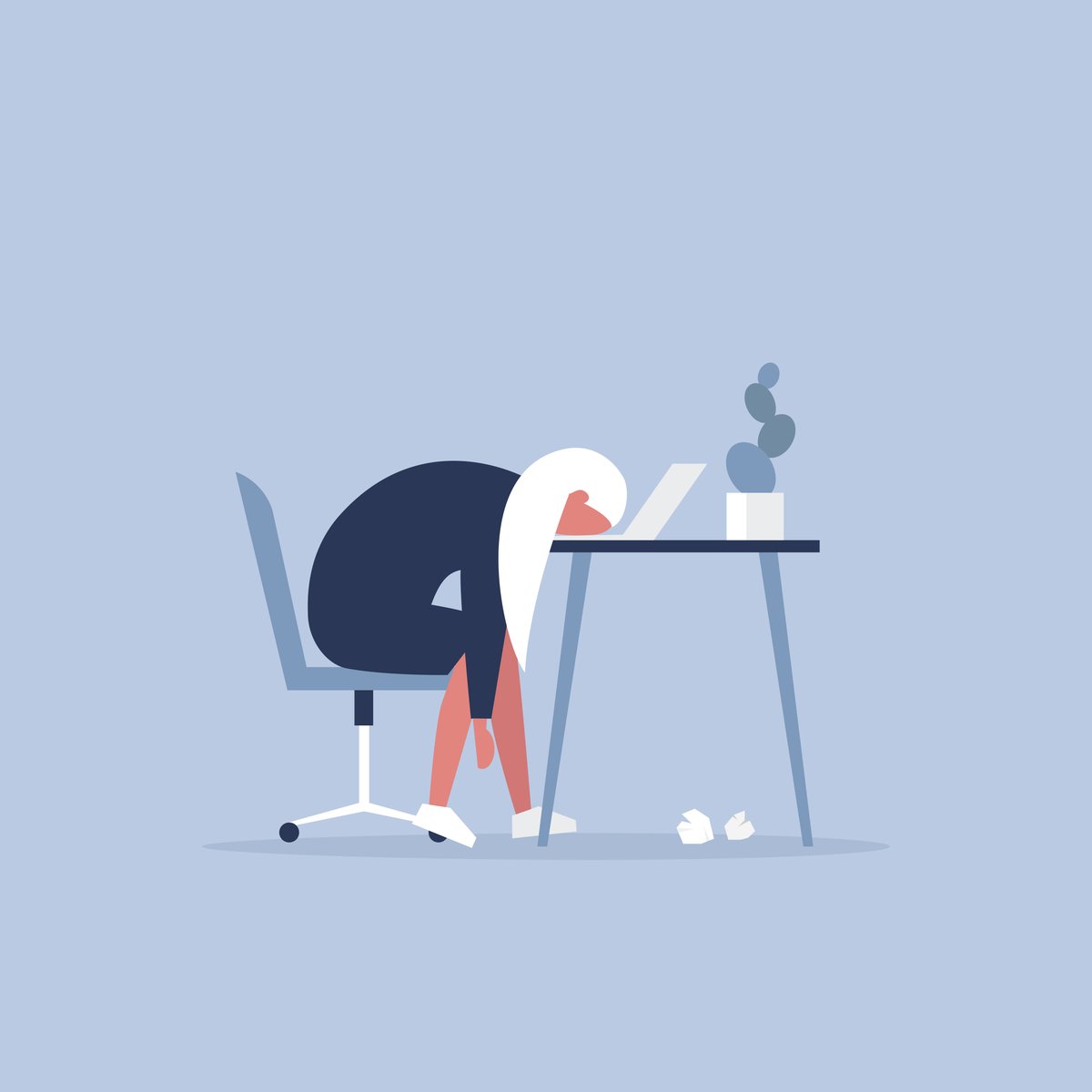
You and sleep. How are you both getting along? Not... great? Don't worry - it's not just you.
According to a report by The Royal Australian College of General Practitioners (RACGP), a whopping 60 per cent of us struggle to sleep three or more times per week. That's a lot of people not getting their recommended shut eye.
And it's such an important thing, too!
Watch: How to sleep again in four simple steps. Post continues below.
While a bad night of sleep might seem like NBD (omg get off our backs!), if you're finding that you can't fix it by tweaking some small habits, it may be a sign you need to seek some professional help.
Yes, really!
Because regularly having a shitty sleep could actually be doing some serious long-term harm to your overall health.
Short-term effects of low quality and quantity of sleep include things like mood swings and lack of focus - but in the long-run it can also really affect your wellbeing.
We're talking high blood pressure, diabetes, memory loss and heart failure... yikes.
So, it could be time to take a look at your sleep issues and speak with someone, rather than pretending it's all okay.



Top Comments